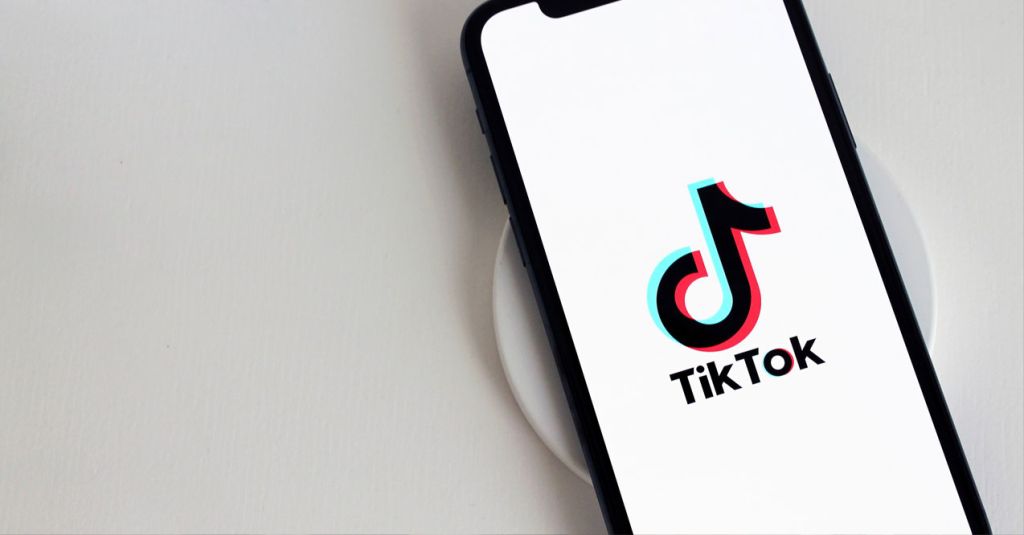In 2025, TikTok has firmly cemented itself as Gen Z’s go-to search engine, outpacing Google for everything from restaurant recommendations to product reviews. As the platform becomes a dominant source for information, experts warn that its growing influence may come at a serious cost: misinformation, bias, and a reshaping of truth itself. This growing concern around TikTok’s influence also makes us question the growth of AI tools like ChatGPT, Google’s Gemini and more shifting the way we find and share information.
A recent report from Views4You highlights how TikTok is not just a social media app anymore. It has evolved into a search engine, storefront, and cultural tastemaker. Users, particularly Gen Z, now treat the platform as a first stop for queries traditionally answered by Google. TikTok’s auto-suggest tool, on-screen text, voiceovers, and captions now double as SEO signals. This has prompted a complete rewrite of digital search strategies.
This shift isn’t without its dangers.
Unlike traditional search engines that rely on a mixture of expert sources, backlinks, and vetting processes, TikTok’s algorithm prioritizes engagement and watch time. That means flashy, emotionally resonant, or controversial content often surfaces first—regardless of its accuracy.
This concern is not limited to TikTok. The rise of AI tools like ChatGPT, Google Gemini, and others is rapidly shifting how Americans seek and trust information. A new Newsweek article highlighted a study by digital strategist Joe Youngblood. He found that 75% of U.S. adults have used AI in the past six months, andone-third are now “heavy AI users.” They use these tools daily or more. Most strikingly, ChatGPT has now overtaken Google Search as the leading platform for product discovery and general information.
While tools like ChatGPT and Gemini offer speed and convenience, their growing influence raises questions about accuracy and trust. The same Newsweek report notes that heavy AI users now view ChatGPT as nearly equal to Google in information quality, even though AI-generated content can sometimes reflect algorithmic bias or outdated data.
While 31.5% of users still prefer Google for local business searches, platforms like ChatGPT and TikTok are quickly catching up. The ecosystem is rapidly consolidating into an “engagement-first” model—where speed, virality, and personalization eclipse fact-checking.
According to a 2025 Pew Research survey, 60% of Gen Z respondents now trust social media platforms more than mainstream news outlets for real-time information. Meanwhile, a separate study by researchers at MIT and Sloan published in Science found that false claims spread six times faster than verified information on social networks. It’s rapidly reaching large audiences before the truth has a chance to scratch the surface.
As the line blurs between entertainment, commerce, and education, experts argue that digital literacy—and skepticism—are more critical than ever.
Whether through AI chatbots or 15-second videos, the way Americans search is changing fast and so is the danger of being misled.
For creators, brands, and users alike, the question is no longer whether to use TikTok or AI tools, but how to do so responsibly in a landscape shaped by virality, bias, and ever-evolving algorithms.
Comment your thoughts below.







